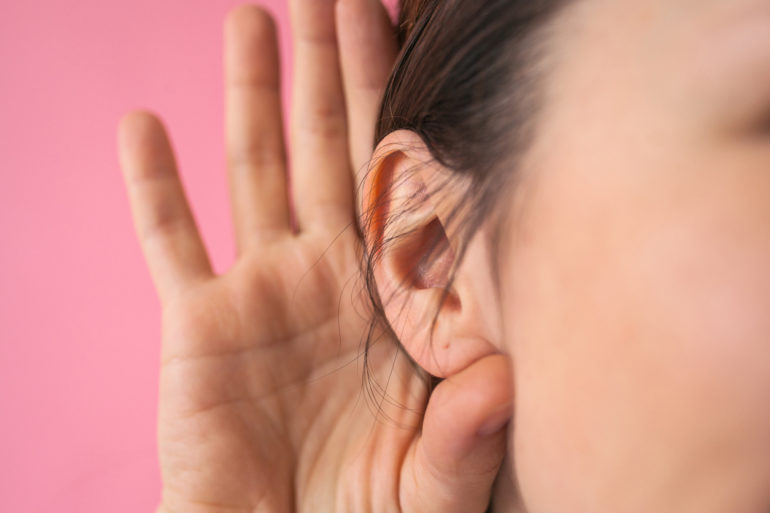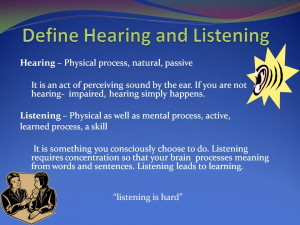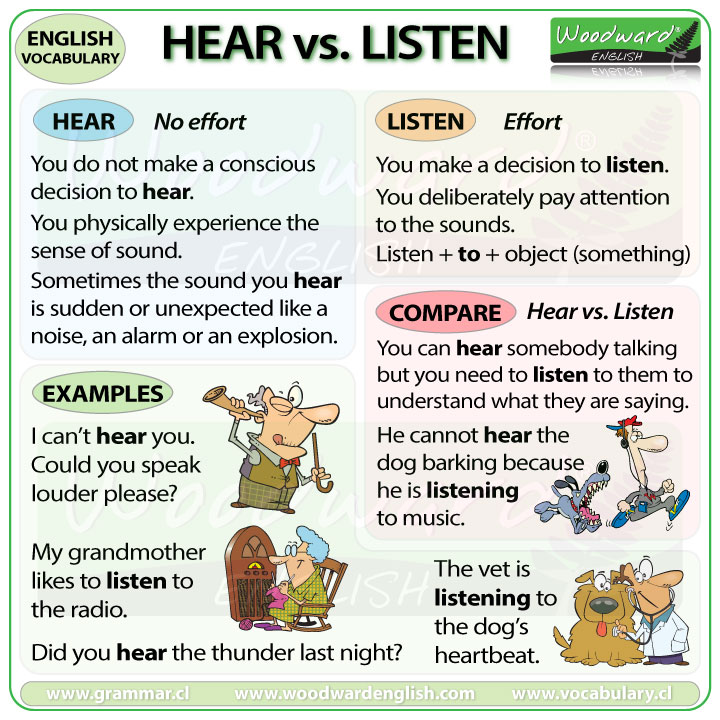

Learn to pause before you speak (it gives you the ability to listen).Paying attention and listen – be quiet!.Just think about the number of conversations you have daily which are multiple opportunities to practice and develop your active listening skills. Gaining the trust, respect and gratitude of the person or people we are engaging with.Asking a question rather than giving an answer.Delivering an active pause before speaking in response which gives an opportunity for us to listen and learn even more.Giving us the time to reflect and digest inwardly about what is being said.Taking the opportunity to learn more about the person (nonverbal cues).Learning whilst listening and to elevate our engagement.

We get so used to feeling the need to get involved in a conversation and forget how silence can be so vital in, Silence in active listening gives us the opportunity to pay attention to nonverbal cues which can tell us a lot about the person and what they are really trying to say. Up to 65% of a person’s communication is unspoken. Actively listen to gain and retain more about the person or people we are talking to.Become more efficient in our conversations – how many times have you had to ask somebody to repeat themselves purely by not listening?.

Get to the point to ensure that we are aware of key detail of value.Be more productive with meaningful conversations.The skill of active listening gives us the opportunity to, It gives us the ability to focus on the words that another person speaks and for us to seek and understand the meaning and intent behind those words and what is being said.īeing fully present and engaged gives us the opportunity to let the other person feel valued and heard which in turn gives them the confidence to speak freely.Īctive listening is the foundation of a meaningful conversation in any setting whether at work at home or socially. If you were already planning and preparing a response in your mind - you were not in focus to “listen” to what was being said, you solely focused on getting the chance of being heard.Īctive listening is a communication skill that goes beyond simply hearing. That will either be a question (when the recipient stops talking, which you see as an invite to respond) or you have found a small gap to jump in with eagerness because you have your response ready. When you are “hearing” you are more than likely already thinking about your response and waiting with anticipation for what you think should be your opportunity to speak. If you are only 'hearing' what people say, it often means you aren't fully engaged in what others are really saying. What are the challenges of only 'hearing'? What is the difference between hearing and listening?.High quality leaders already have this skill.
Hearing vs listening professional#
It is an essential soft skill in both your personal and professional lives - it sits at the core of building a relationship with an individual. Listening is a skill and people rarely view it in this way or even acknowledge it. In a sense I'm asking what the difference is between "hearing" and "listening" and if the quoted phrase is an idiom in the sense it does not logically apply the rule.Active listening is hugely important to me - a skill that’s been developed within me over many years and utilised daily with my clients and teams during their own personal development. So this seems to show that the phrase in question missuses the word "listen". most people would say Joe was listening to Bob but couldn't understand him.

Joe doesn't speak the language Bob was speaking to him in. The person is incapable of interpreting the message. Joe stood in front of Bob while Bob was talking, but Joe's mind was elsewhere. The person's capacity to hear is working well but cognitively he is disengaged. Joe heard Bob tell him to come early but he chose to disregard the request. The person was perceiving the message but knowingly chose not to comply. For example you could say "listen to his instructions to know what to do" but you could also listen to something non-verbal to gain information, for example if you heard a tree come falling down, you know that a tree fell down.įor the over all meaning of the phrase, I can think of a few different meanings and was wondering if any are right or wrong: From the definitions I've red, listening tends to imply that the sound being heard carries meaning (but don't all sounds?). What precisely does the phrase mean? I believe taken literally it's an oxymoron as most dictionaries define hearing and listening very similarly. My first request is what are the common forms of this statement as I've heard some that seem more logical than others. It was if they wear hearing me but they weren't listening


 0 kommentar(er)
0 kommentar(er)
